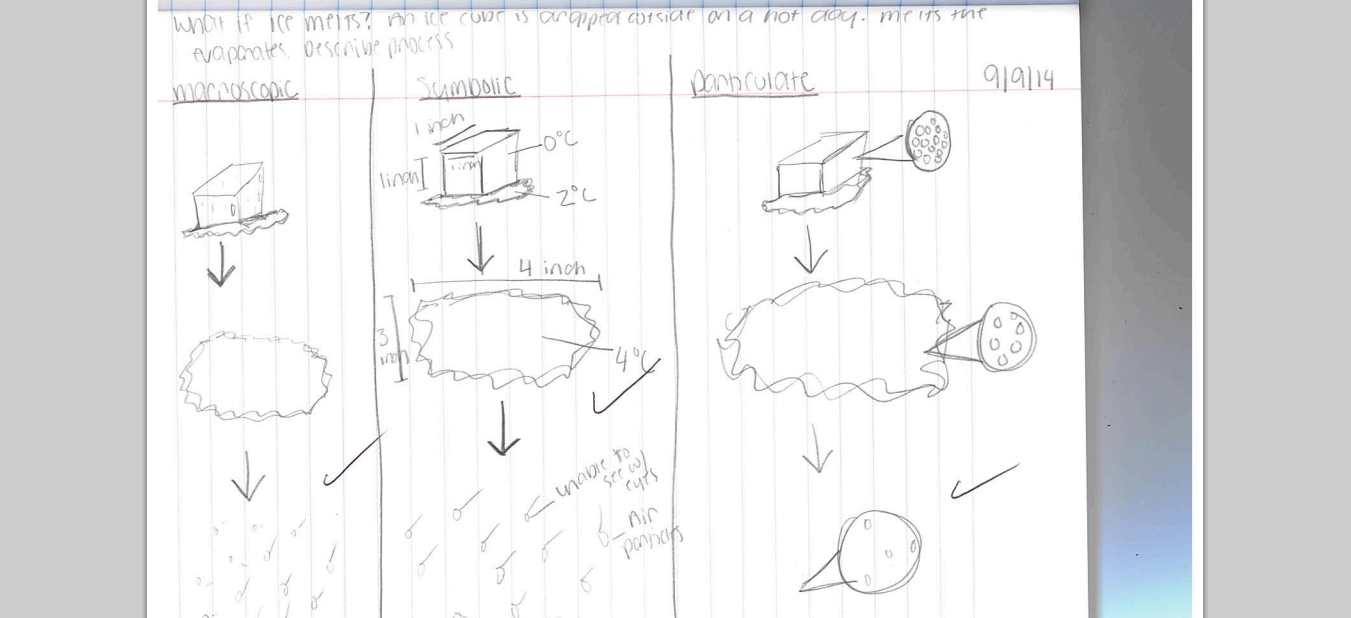WHAT AM I DOING TO HELP KIDS ACHIEVE?
HOW DO I KNOW WHEN THEY ARE THERE?
WHAT IS THE EVIDENCE?
Formative assessment is good and difficult. Yes, I get the idea of what kids know and do not know. However, given the new technology and circumstances, when you find out what they do not know, you kind of have to "reinvent" the wheel". That is where we earn our money as teachers.
In Academic we did a lab, an activity and notes on percent error. Som kids got it, but some did not. Enough that we will have do to a little more work. In Accelerated we are leading up to Archimedes. So how am I trying to help kids????
I am still trying the composition books in Academic. It is researched based that kids who take notes do better than those who do not. In Accelerated I am attempting to introduce the particulate and put in pieces of inquiry any where I can (like this next lab on sinkers and floaters). They will have to find the mass of an item without using a balance or scale....I will report back next week....
